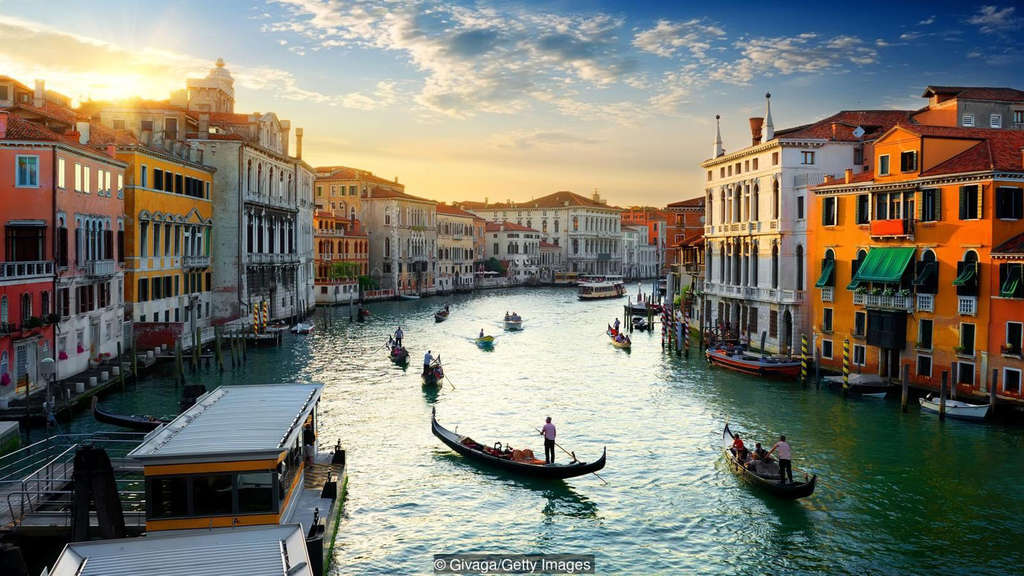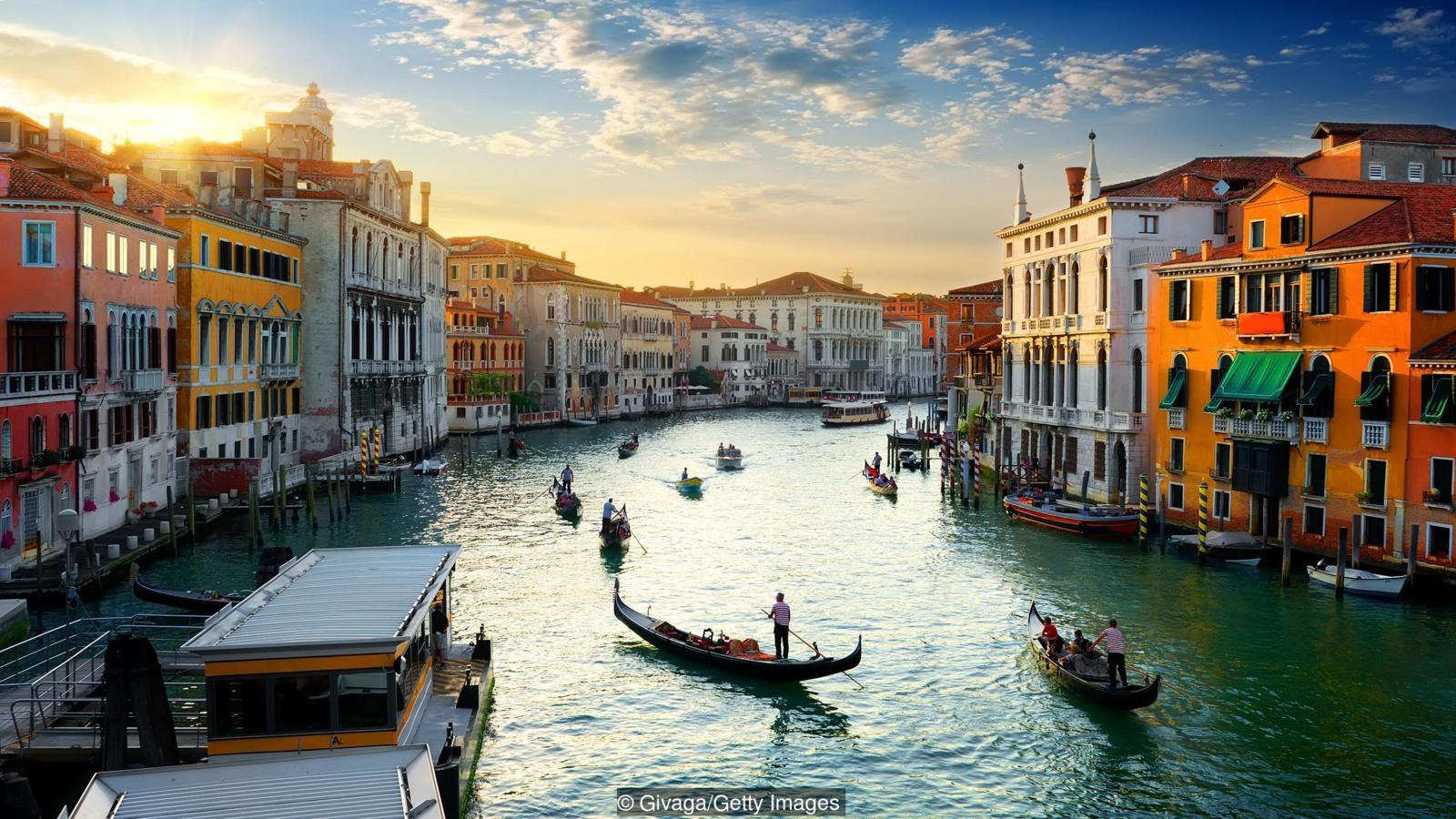How Can We Be Sustainable Post-COVID-19
With a ban on non-essential travel and some countries in complete lockdown, we’re able to witness what happens to the Earth when we’re largely absent for the first time.
As a travel journalist and someone who cares deeply about the future of our planet, the moral dilemma of air travel is something I constantly grapple with. I've reduced the number of trips I take, buy carbon offsets when I travel and focus my assignments on stories that allow me to tackle conservation issues whenever possible. But the positive effect these measures have had is hard to quantify.
What isn't as nebulous is this: when the world stays home, the planet benefits. There's nothing good about the coronavirus, but with a ban on non-essential travel and some countries in lockdown, we're able to witness what happens to the Earth when we're largely absent for the first time.
Satellite images published by NASA and the European Space Agency detected a reduction in nitrogen dioxide emissions (which come predominantly from the burning of fossil fuels) from January to February in China, due to the economic slowdown during quarantine. Findings by the Centre for Research on Energy and Clean Air (CREA) show that China's carbon dioxide emissions (which also come from fossil fuel combustion) have reduced by 25% because of measures taken to contain the coronavirus.


